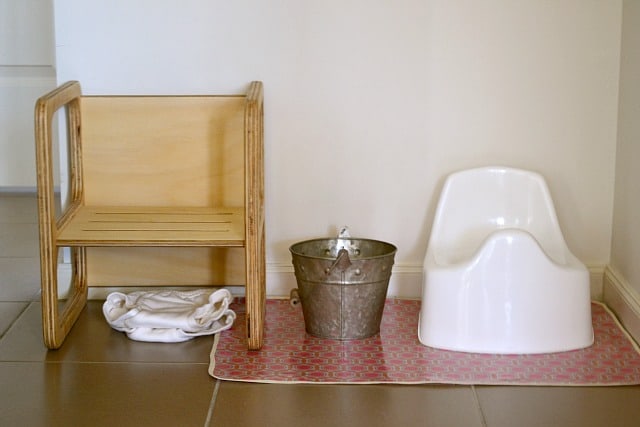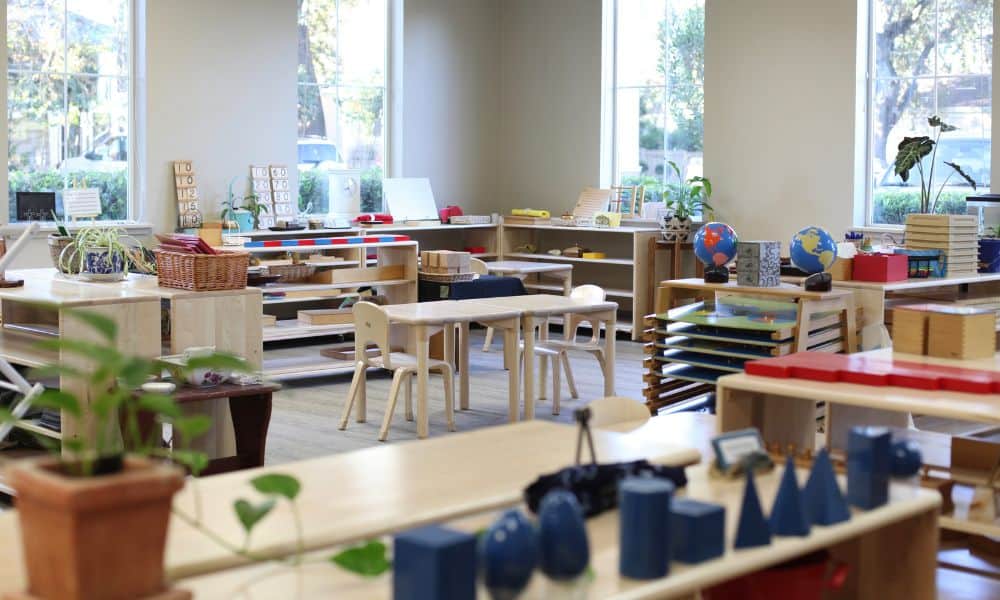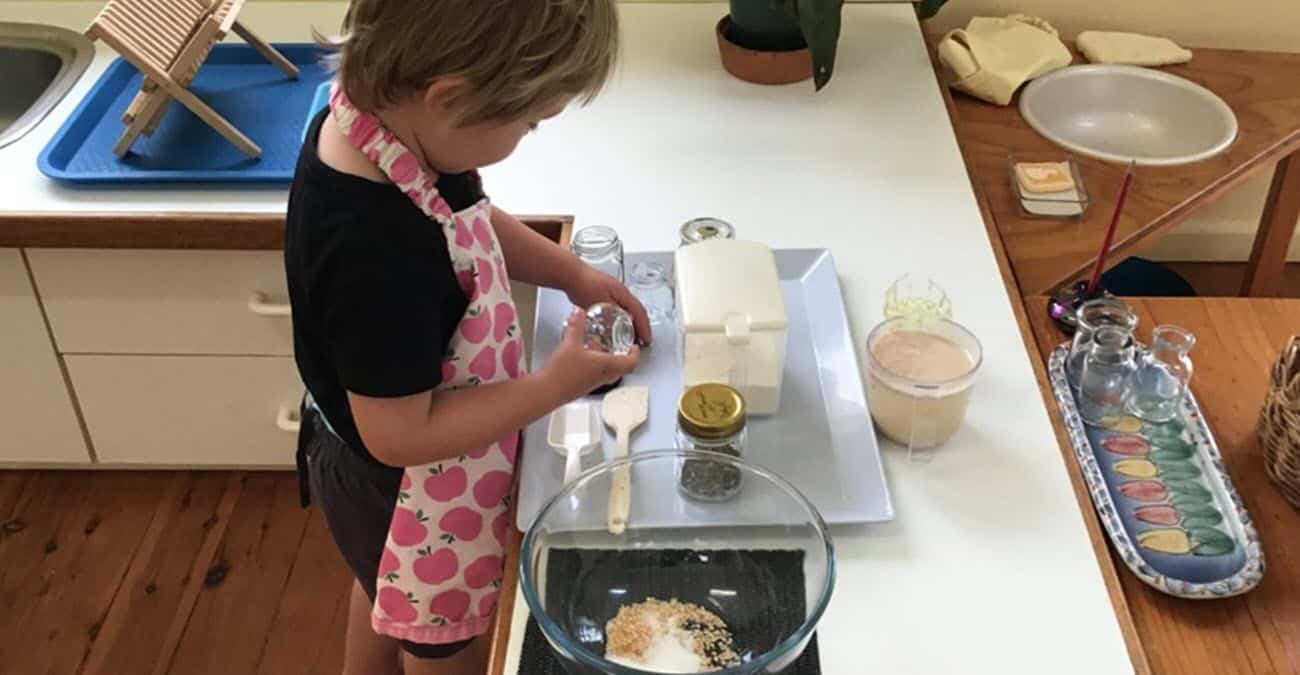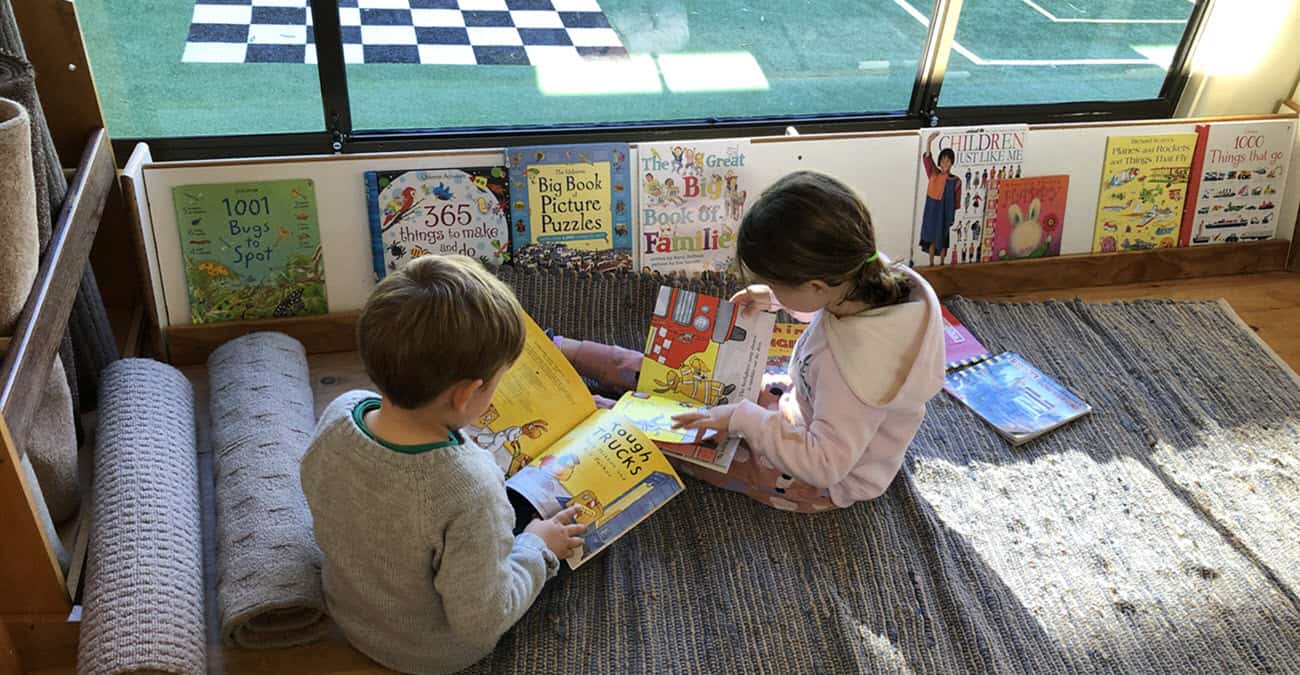
The toilet learning process for young children takes time but doesn’t have to feel daunting. Here are some key aspects of toileting the Montessori way. As parents we quickly learn that children have control over three things: eating, sleeping, and toileting. Rather than engage in power struggles, however, we can help children develop the skills they need to manage and gain mastery over these essential aspects of life. In Montessori learning…
Read More











